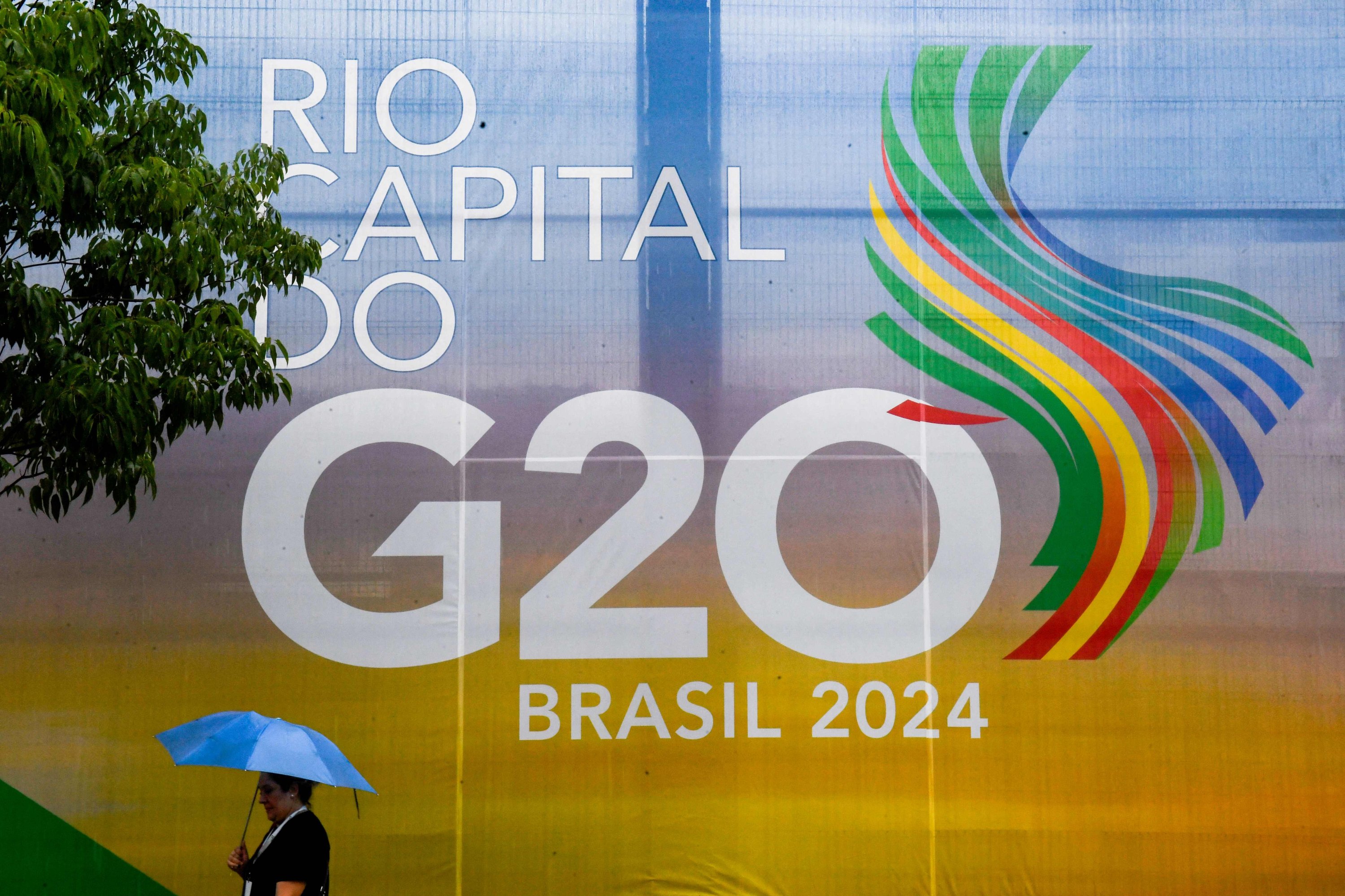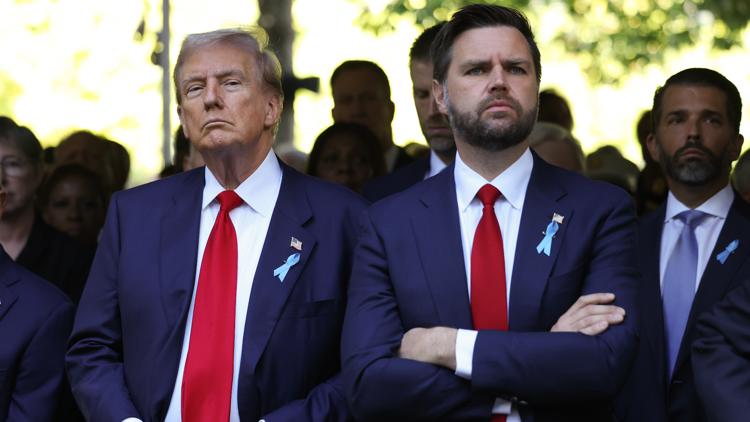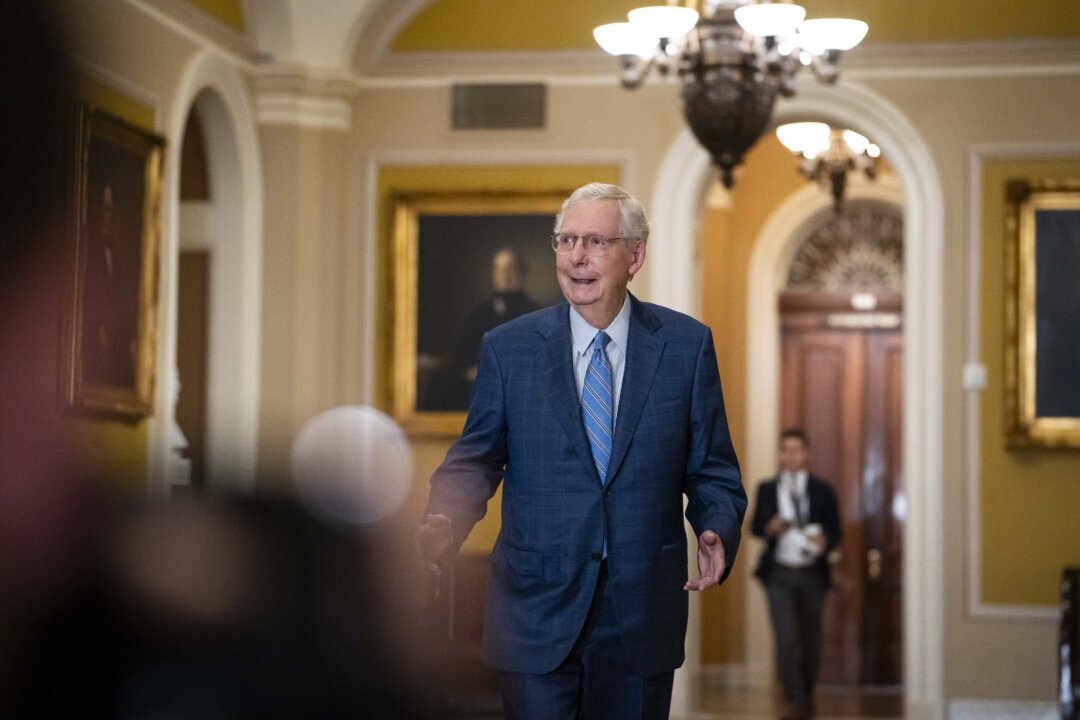
Accompanied by a delegation of ministers and other top officials, President Recep Tayyip Erdoğan flew to Rio de Janeiro on Sunday to attend the G-20 summit, which will be held between Nov. 17 and Nov. 19.
Erdoğan will join leaders including host Brazil’s Luiz Inacio Lula da Silva, U.S. President Joe Biden, French President Emmanuel Macron, China’s Xi Jinping, India’s Narendra Modi and German Chancellor Olaf Scholz at the summit.
The summit’s agenda set by Brazil includes a global alliance against hunger, taxation of the wealthy elite and reforms in the United Nations system, something fiercely advocated by Erdoğan himself. Turkish media outlets reported that during the summit, Erdoğan will highlight Israel’s escalating aggression in its region and the threat of a regional war it caused. He will address shortcomings of the current global system in the face of such aggressions and repeat calls for reforms.
Israel was quick to slam the planned declaration of the summit it called “unbalanced and biased.” Its foreign minister, Gideon Saar, said on social media platform X that he had phoned several foreign ministers of the Group of 20 states over the weekend and expressed his “displeasure” at the draft that reportedly excluded what he called Israel’s right to defend itself. Israel is not a member of the G-20.
Erdoğan has repeatedly underlined the need for reform in the world body with his motto of “the world is bigger than five,” referring to members of the U.N. Security Council in which countries other than superpowers or in Europe have no visible power.
During a visit to the United States in September to attend the U.N. General Assembly, Erdoğan stated that the global system should be changed to be fairer and more inclusive.
“Every crisis shows us two sides (of the United Nations): a General Assembly representing the collective conscience of humanity and five privileged countries with veto powers at the U.N. Security Council.
The arbitrary stance, interests and priorities of five countries ignore the will of hundreds of countries in the General Assembly, on every issue remained unresolved for years,” he said. Erdoğan also highlighted the “warped structure” of the United Nations in a New York event in September. “Everyone agrees on the need of reforms in the United Nations but nobody takes steps to realize it,” he lamented.
“Civilians in conflict zones, the oppressed fighting hunger, in other words, the people that need this system the most suffer from an increasingly dysfunctional U.N. system,” the president said.
In remarks to reporters last week, Erdoğan said that the Brazil summit would be an important event where they would give messages to the world. “I believe it is going to be a fruitful summit. It is an important platform on global economy and energy security,” he said in an interview with reporters during his return from a climate change summit in Azerbaijan.
“Türkiye is a country focused on measures to enhance stability and cooperation for the global economy. We always emphasized the importance of international solidarity for developing joint strategies for post-pandemic economic recovery processes. Energy security is also a crucial issue for Türkiye.
We have to develop an agenda bringing forth concrete proposals to address economic challenges developing countries face in our globalizing world,” he said. He added that they had to be vigilant against crises affecting the economies of many countries through a chain reaction. "Türkiye, an active and efficient member of international platforms, works on a myriad of proposals to improve both its own economic interests and the state of developing countries,” he said.
Diplomats from the G-20’s major economies struggled on Saturday to overcome differences on paying to tackle climate change, taxing the super rich and addressing the Ukraine war as they negotiated a joint statement before their leaders' summit. The summit comes as the United Nations COP29 climate talks enter their second week, with negotiators debating a new goal for how much money richer nations will cough up to confront climate change. U.
N. officials and other delegates in Baku expressed hopes that a strong message from the G-20 leaders could help provide political momentum for a COP29 deal on climate finance. However, four diplomats involved in the talks in Rio said they were at a familiar impasse: Developed nations want some of the wealthier developing countries to contribute financing to tackle global warming, but the developing world says it is up to the world's wealthiest nations to foot the bill.
Reaching a global accord may only get tougher with the return to power of U.S. President-elect Donald Trump, who is preparing to again pull the United States out of the Paris climate accord.
Addressing the Russia-Ukraine conflict has also been a prickly issue for the G-20 since 2022, and the Palestine-Israel conflict has added to the group's geopolitical divisions. G-20 leaders steering the talks in Rio have tried to avoid discussing the wars in advance meetings all year. Now diplomats say they plan to limit any text to a general paragraph based on U.
N. principles and the need to respect peace, followed by a paragraph on Ukraine and another on Palestine. The taxation of large fortunes, a proposal dear to President Luiz Inacio Lula da Silva has also hit a stumbling block.
In a last-minute change of mind, Argentina refused to sign off on the inclusion of the proposal in the final communique. Argentina's strong opposition to taxing the super-rich came after its right-wing libertarian President Javier Milei visited Trump at his Mar-a-Lago resort in Florida, making him the first foreign leader to visit the U.S.
president-elect. Sources involved in G-20 talks said Argentine negotiators, at Milei's request, now seek to remove the mention of taxing the most wealthy, which might only enter the communique with a note reflecting that it was not backed by Argentina..














